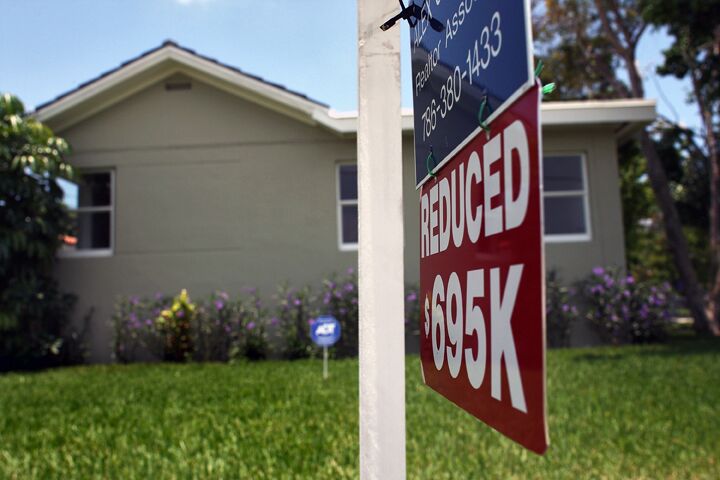
Home Prices Falling, Credit Card Defaults Rising
Home prices in the U.S. fell during the second quarter this year at record pace. It was, in fact, the quickest drop ever recorded by Standard & Poor’s since it began its nationwide housing index in 1987.
The research group reported the 3.2 percent drop on Tuesday. One of the index’s architects implied that the current plunge may be just the beginning, and that there were “no signs” of a turnaround occurring anytime soon.
On Monday, the National Association of Realtors released data showing that sales of existing homes dropped for the fifth straight month in July as inventories of unsold homes reached a new record high.
Other indexes confirm the bleaker housing market. In June, a 20-city home price index fell by 3.5 percent from the year before, while another, smaller 10-city index fell by 4.1 percent, according to the Associated Press.
Although some areas experienced price increases, the list is small. The biggest housing market loser was Detroit, where the average price decline was an alarming 11 percent lower than the previous year. Phoenix, San Diego and Tampa prices fell by 6.6 percent, 7.3 percent and 7.7 percent respectively.
The past five years of skyrocketing home prices has been a big boost to the economy, but those days look about over.
On a related note, credit-rating agency Moody’s reported that credit card defaults are sharply higher this year and that rising defaults and late payments could be a direct result of depreciating house prices. Payments written off as uncollectible rose to 4.5 percent—a single-year increase of 30 percent.
As home prices rose sharply over the past five years, many people used the rising value of their homes to pay their credit card bills, essentially treating their dwellings as atm machines.
Moody’s says that a combination of higher interest rates and a soft real-estate market has made it more difficult for people with credit card debt to borrow against the equity in their residences to pay living expenses, and is therefore at least partially responsible for the rapid rise in unpaid credit card debt.
As house prices continue to trend down, consumers will find it increasingly hard to maintain current spending habits. The deflating housing bubble is beginning to affect other sectors of the economy, putting pressure on economic growth and unemployment rates. For many, a reduction in living standards looks increasingly likely.
